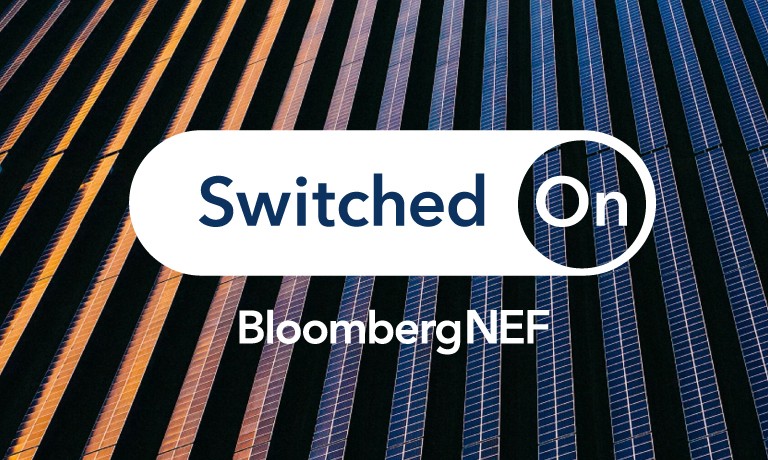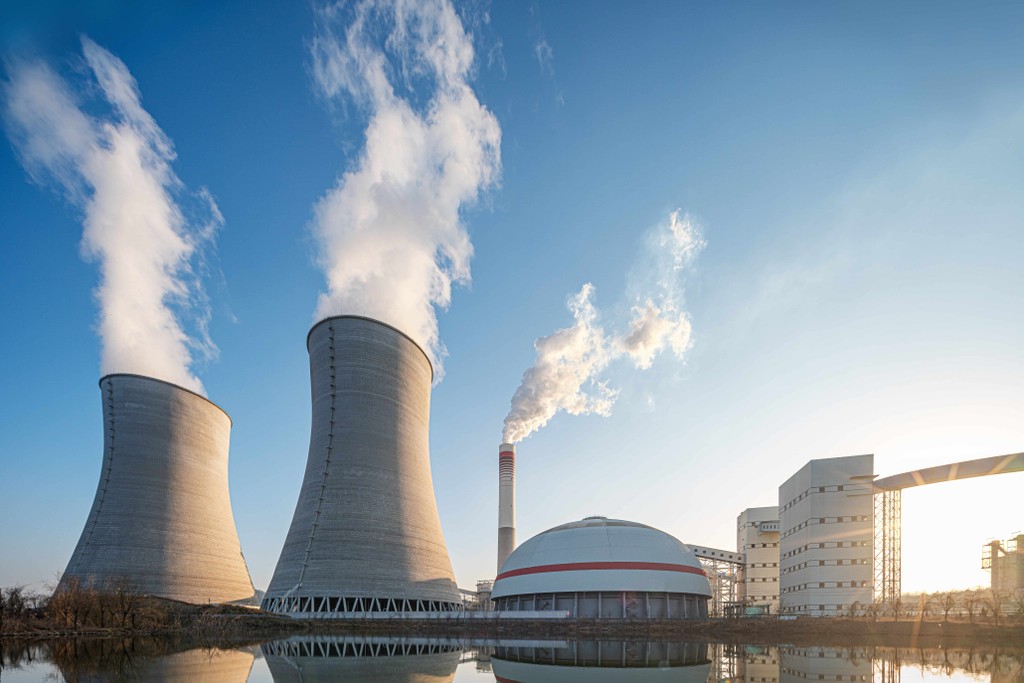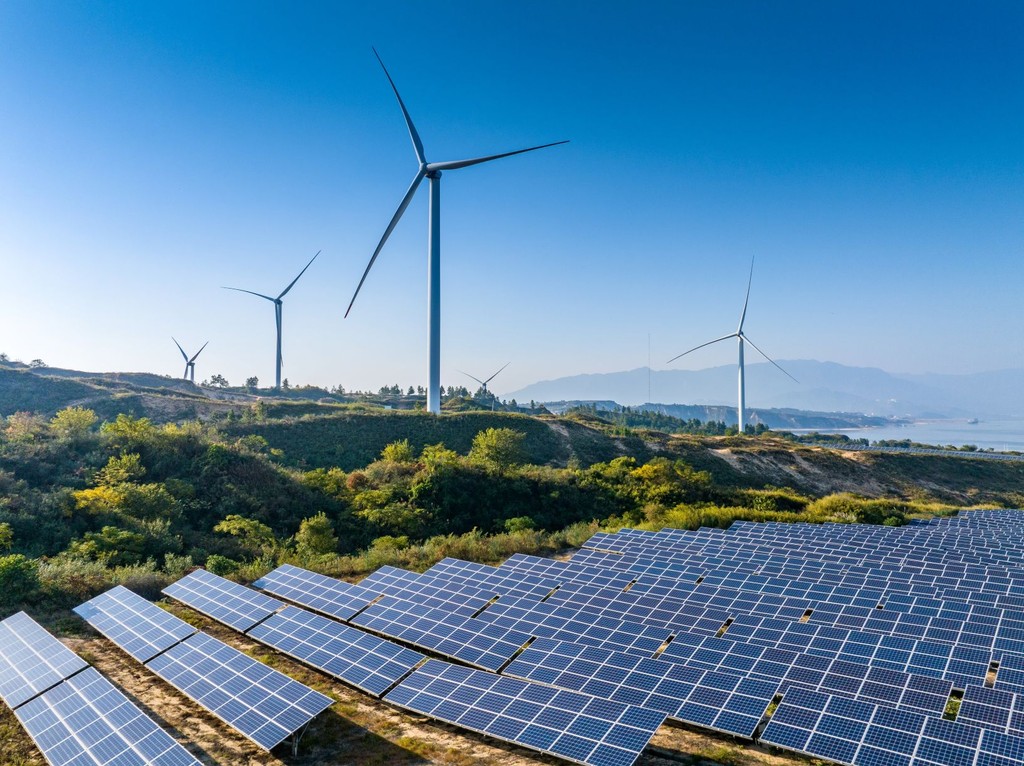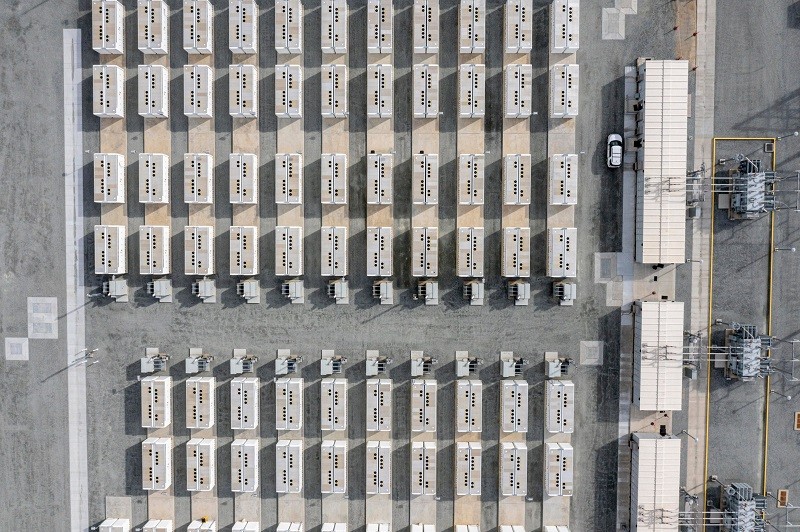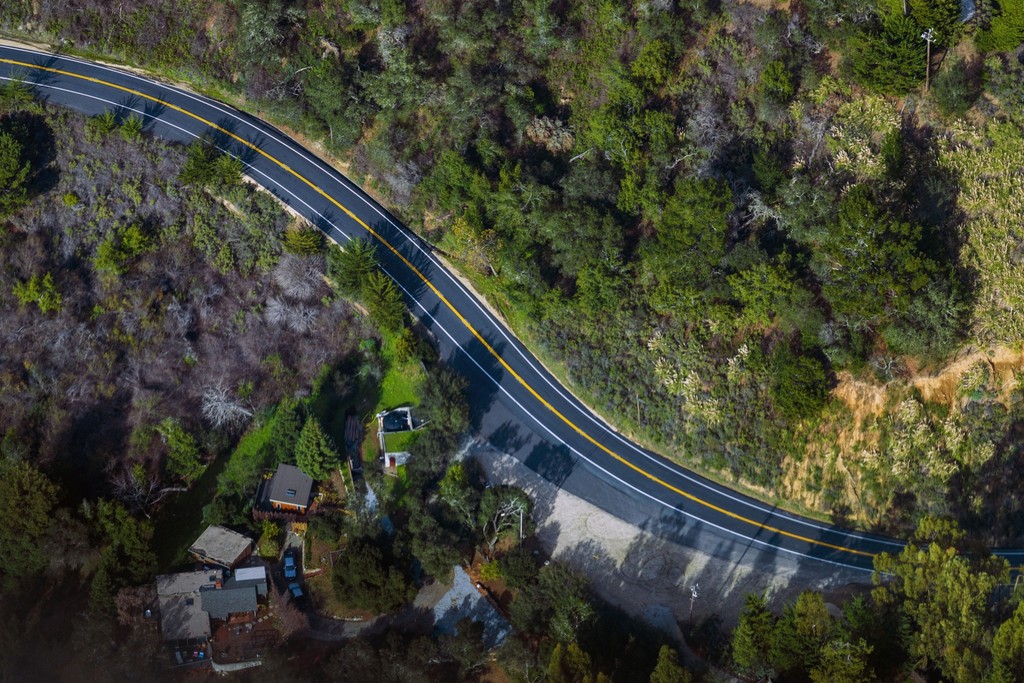ARTICLE
Vietnam’s 2050 Net-Zero Target Represents a $2.4 Trillion Opportunity: BloombergNEF
• BNEF’s Net-Zero Transition: Opportunities for Vietnam report indicates that decarbonizing electricity supply is key to the country staying on track for the Paris Agreement’s goal
• More than $2.4 trillion in investment and spending is required by 2050 in a net-zero pathway, 54% more than in an economics-led transition
• Solar and wind generation alone account for 57%, or 99 million tons, of CO2 emissions avoidance this decade under BNEF’s Net Zero Scenario
Singapore, January 8, 2025 – Vietnam can still fulfill its goal of reaching net-zero emissions by 2050 and help limit global warming to well below 2C. But doing so rests on a rapid scale-up of clean power, electric vehicles and, to a lesser extent, carbon capture and storage technology, according to a new report published today by BloombergNEF, Net-Zero Transition: Opportunities for Vietnam.
This report builds on the results of BNEF’s flagship New Energy Outlook 2024, presenting two updated climate scenarios: a Net Zero Scenario that maps a path to net-zero emissions globally by 2050, aligned with the Paris Agreement, and a base-case Economic Transition Scenario driven by the cost-competitiveness of technologies. This modeling is designed to inform public policymaking, countries’ climate ambitions and the low-carbon transition strategies of corporations and financial institutions.

Under BNEF’s Net Zero Scenario, swift deployment of renewables, led by solar and wind, enables Vietnam’s power sector to peak its emissions in 2026. For the transport sector, emissions hit their apex in 2029 and fall quickly thereafter, largely driven by the electrification of road vehicles. Industrial emissions are the last to peak in 2033, with a sharp drop across the late 2030s due to the adoption of carbon capture and storage technology and hydrogen to decarbonize heavy industry.
In this net-zero pathway, three drivers account for 78% of Vietnam’s emissions abatement through to mid-century: clean power, carbon capture and energy efficiency. The remaining reductions come from electrification, bioenergy and hydrogen.


Compared to Vietnam’s eighth national power development plan approved in May 2023 (known as PDP VII), BNEF’s scenarios envisage a larger buildout of solar and batteries for energy storage due to their economic competitiveness, as well as lower deployment of gas-fired power generation.
In BNEF’s economics-led scenario, installed solar capacity is 25 gigawatts higher than PDP VII by 2030 and 96GW higher by 2050. Under the Net Zero Scenario, solar capacity reaches 512GW by mid-century, almost three times the target proposed by PDP VIII.
A multi-trillion-dollar opportunity
Reaching net-zero emissions by mid-century requires a rapid ramp-up in investment in both energy demand and supply. Totaling $2.4 trillion across 2024 to 2050 in the Net Zero Scenario, this includes $1 trillion of demand-side investment – just 14% higher than in an economics-led transition thanks to the falling costs of electric vehicles.
However, funding requirements for the supply side are more than twice as high under a net-zero pathway compared to the Economic Transition Scenario, due to increased electricity demand and the need for carbon capture. Investment in carbon capture and storage reaches $183 billion under the Net Zero Scenario, whereas it is zero under the economics-led transition.

“Vietnam has effectively positioned itself as the manufacturing base for many multinational companies with clean power procurement goals,” said Hanh Phan, an associate in BNEF’s Southeast Asia team and lead author of the report. “The country can utilize these firms’ growing demand for green electricity to accelerate the deployment of renewables this decade, while also laying the regulatory groundwork for decarbonization of hard-to-abate sectors.”
This report was commissioned by Bloomberg Philanthropies in partnership with HSBC and Vietnam’s Ministry of Natural Resources and Environment. The research forms part of a series of regional and sector reports diving deeper into results from BNEF’s global New Energy Outlook report. For a copy of the full report, Net-Zero Transition: Opportunities for Vietnam, please visit the following links: English and Vietnamese.
Contacts
Oktavia Catsaros
BloombergNEF
ocatsaros@bloomberg.net
About Bloomberg
Bloomberg is a global leader in business and financial information, delivering trusted data, news, and insights that bring transparency, efficiency, and fairness to markets. The company helps connect influential communities across the global financial ecosystem via reliable technology solutions that enable our customers to make more informed decisions and foster better collaboration. For more information, visit Bloomberg.com/company or request a demo.

